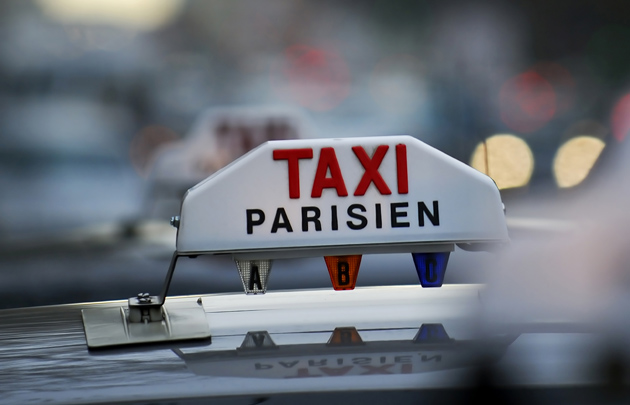In response to growing demands from taxi drivers for compensation due to disruptions caused by the Paris Olympics, city authorities have announced an easing of taxi restrictions. This move aims to alleviate the financial strain on drivers while ensuring efficient transportation during the global event.
The Paris Olympics, set to draw millions of visitors to the city, have necessitated extensive security measures and traffic controls, leading to significant disruptions in the daily operations of taxi services. Drivers have reported substantial losses due to restricted access to key areas and prolonged traffic delays.
Following weeks of negotiations and protests by taxi unions, the city administration has agreed to relax some of the stringent restrictions that were initially put in place. The new measures will allow taxis greater access to designated lanes and restricted zones, particularly around major Olympic venues.
“We understand the challenges faced by our taxi drivers during this period,” said Anne Hidalgo, the Mayor of Paris. “These adjustments are intended to balance the needs of the Games with the livelihoods of those who keep our city moving.”
The decision comes after intense lobbying by taxi unions, who argued that the initial restrictions were too severe and would result in unsustainable losses for drivers. Many taxi operators had taken to the streets in protest, demanding compensation for the disruption to their business.
“While we support the Olympics and what they mean for Paris, the restrictions have made it nearly impossible for us to work,” said Michel Garcia, a representative of the Paris Taxi Union. “Easing these restrictions is a necessary step, but we will continue to seek fair compensation for our losses.”
Under the revised plan, taxis will be granted extended hours of operation in designated lanes, allowing them to navigate through traffic more efficiently. Additional temporary taxi stands will be established near major Olympic sites to accommodate the influx of visitors and ensure timely transport services.
Moreover, the city has committed to a compensation fund for taxi drivers who can demonstrate significant financial impact due to the Olympic-related disruptions. Details of the compensation scheme are being finalized, but it is expected to provide relief to those most affected.
“We are working on a fair compensation package that will help our drivers recover some of the losses incurred,” said Deputy Mayor David Belliard, responsible for transportation. “This is about supporting our local workforce while maintaining the smooth operation of the Games.”
The easing of restrictions and the promise of compensation have been welcomed by many in the taxi industry, though some remain cautious about the implementation of these measures. Drivers have expressed hope that the city will follow through on its commitments and that the changes will result in tangible improvements.
As the Paris Olympics approach, the city continues to navigate the complexities of hosting a major international event while supporting its local economy. The adjustments to taxi restrictions represent a crucial step in addressing the concerns of one of the city’s essential services, aiming to strike a balance between facilitating the Games and safeguarding the livelihoods of its residents.





